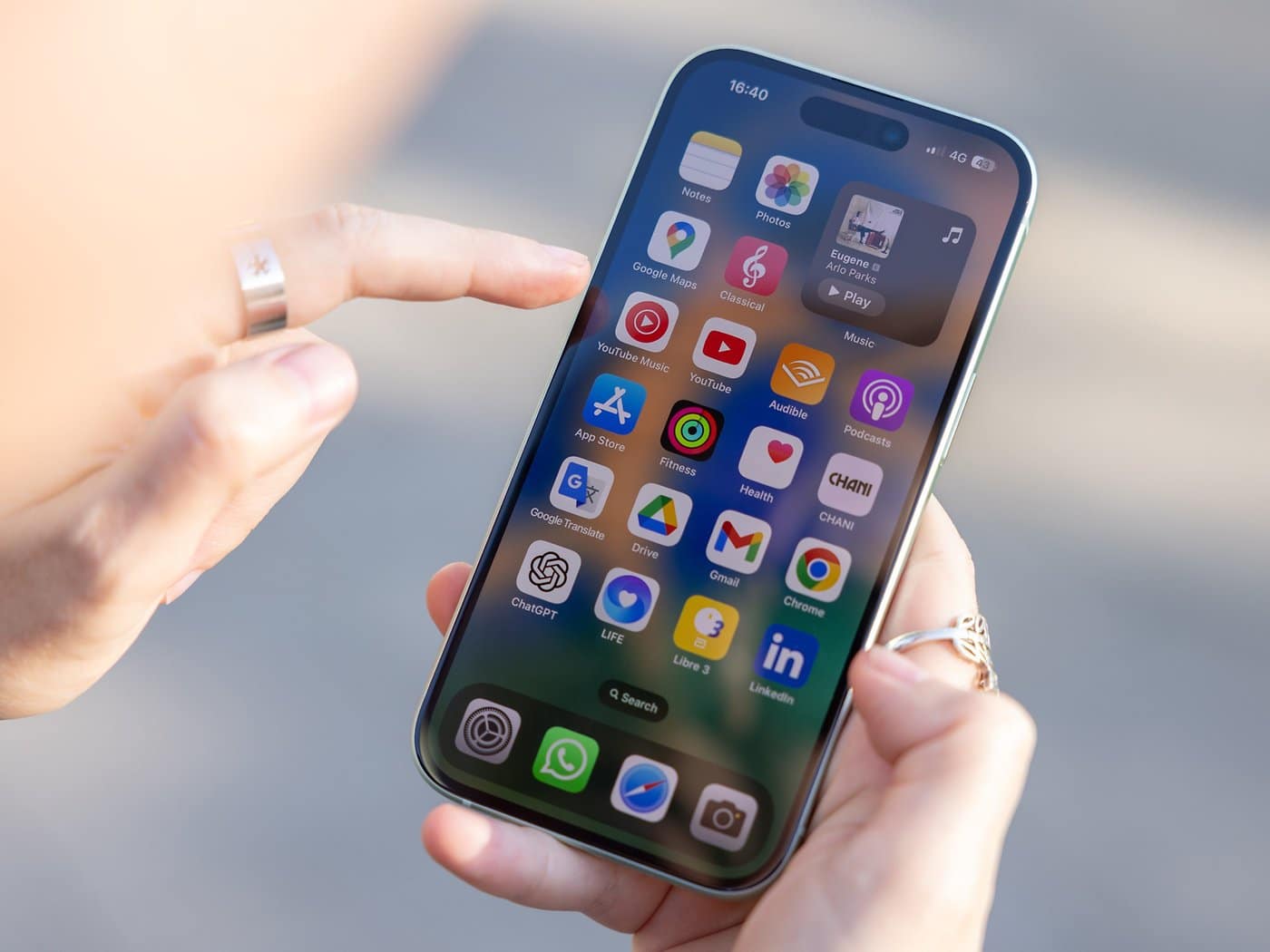Apple Sideloading and Third-Party App Stores Arrive for iPhone Users in the EU iOS 17.4
Introduction:
Apple Sideloading and Third-Party App Stores Arrive for iPhone Users in the EU iOS 17.4
In a monumental shift, Apple has unveiled its plans to revolutionize the iPhone’s app ecosystem in response to the Digital Markets Act (DMA) in the European Union. These changes, set to take effect in March with the release of iOS 17.4, entail a significant rule transformation for developers releasing iOS software. The most groundbreaking aspect of this announcement is the introduction of third-party app stores on iOS, marking the end of Apple App Store’s exclusive monopoly as the sole distributor of iPhone apps. The iPhone’s app landscape is on the cusp of a revolutionary shake-up, unparalleled since the inception of the App Store in 2008.
In a major development, Apple has announced plans to introduce sideloading and third-party app stores for iPhone users in the European Union (EU) starting in March. Responding to the Digital Markets Act (DMA) enacted by the EU, Apple is making this significant change to its app distribution model. This move marks the most substantial transformation in the iPhone’s app ecosystem since the launch of the App Store in 2008. Let’s explore the details of this announcement and its implications for users and developers.
Sideloading and Third-Party App Stores: Empowering iPhone Users
Apple Sideloading and Third-Party App Stores Arrive for iPhone Users in the EU iOS 17.4
Under the new regulations, iPhone users in the EU will have the freedom to download apps from third-party app stores, breaking away from Apple’s exclusive control over app distribution. With the introduction of alternative app marketplaces, users will be able to explore different sources and have more choices in acquiring software for their devices. This newfound ability empowers users to customize their app experiences based on their personal preferences.
Opening Doors for Developers: More Flexibility and Reduced Fees
Apple’s changes also bring greater flexibility for developers. They will now have the option to either use Apple’s payment services and in-app purchases or integrate third-party payment systems, all without paying an additional fee to Apple. This new approach encourages competition among payment providers and gives developers more control over their revenue streams. Moreover, developers who choose to distribute their apps through the App Store but use alternative payment systems will benefit from reduced commission rates, leading to potential cost savings.
Apple’s Vigilance: Security Measures and Platform Requirements
Despite these significant changes, Apple remains committed to maintaining a level of control and security. Apps from third-party app stores still need to go through an Apple approval process, ensuring that they meet certain quality and security standards. Additionally, developers are required to distribute only a single version of their app across various app stores and must comply with basic platform requirements, such as malware scanning, to safeguard user experiences.
Expanding Ecosystem Horizons: Alternative Browsers, Game Streaming, and NFC Payments
Alongside sideloading and third-party app stores, Apple is opening up additional aspects of its iOS ecosystem in the EU. Users will have the opportunity to choose from alternative browser engines beyond WebKit, enriching their browsing experiences. Game streaming services, which were previously restricted under Apple’s policies, will now be accessible through the App Store. Additionally, developers in the European Economic Area will gain the ability to offer NFC payments within their third-party apps.
Implications and Future Prospects
Apple Sideloading and Third-Party App Stores Arrive for iPhone Users in the EU iOS 17.4
These changes significantly impact Apple’s control over iOS app distribution and address concerns raised by developers and critics of its commission rates. The DMA represents the EU’s latest attempt to regulate dominant tech companies, promoting competition and consumer choice. Apple’s new commission structure aims to appease developers while maintaining revenue streams. It remains to be seen how Apple’s loudest critics, such as Spotify and Epic Games, will respond to these changes. Moreover, the response of EU users will provide valuable insights into their preferences for alternative app stores and payment methods, potentially shaping the future of app distribution on iOS devices.
Apple Sideloading and Third-Party App Stores Arrive for iPhone Users in the EU iOS 17.4
Overall, Apple’s decision to introduce sideloading and third-party app stores in the EU marks a groundbreaking shift, granting users more freedom and enabling developers to explore new revenue options. As discussions around these changes continue, the tech industry eagerly watches the evolution of the iPhone’s app ecosystem in the EU and its potential impact on future policies worldwide.


2 thoughts on “Apple Sideloading and Third-Party App Stores Arrive for iPhone Users in the EU iOS 17.4”